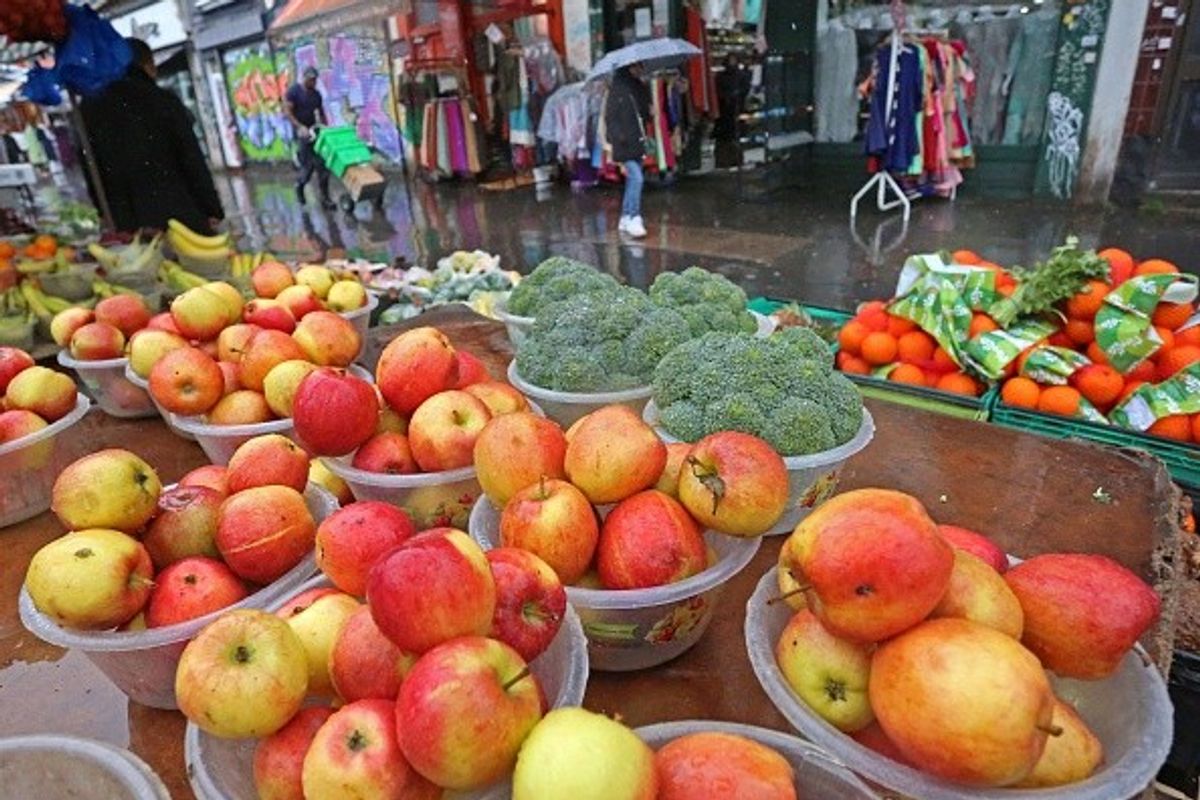Post-Brexit border strategy due to be introduced in the new year is expected to spike food prices and create supply issues, states reports citing warning by Fresh Produce Consortium (FPC).
The FPC has warned that traders in the food supply chain are warning they will not be able to absorb the estimated additional annual costs of more than £10 million stemming from import charges. The industry body, that claims to represent 70 per cent of the UK’s fresh produce supply chain – including businesses that produce, package, move and sell fresh fruit, vegetables, cut flowers and plants – has reportedly written to ministers to warn that the extra cost would have to be passed on to consumers, fueling food inflation just as prices are thought to have peaked.
The FPC has also cautioned that small and medium-sized UK businesses will be hit hardest by the planned import charges, while smaller producers overseas may decide to avoid the administrative burden and ditch exporting to Britain altogether.
Businesses that are struggling to keep their spending under control at a time of elevated inflation will have no option other than passing on the new import costs, said Nigel Jenney, the FPC chief executive.
“The highly efficient logistics model widely adopted by our sector to deliver a complex range of highly perishable goods rapidly to several customers will be compromised at considerable additional cost,” he said. “UK border strategy will be directly responsible for UK food inflation.”
The current border proposals would also add delays and disruption to imports of fresh produce and could lead to gaps on retailers’ shelves, similar to those seen earlier this year, FPC stated, saying that anticipated additional costs, delay and disruption for checks on perishable goods would “materially contribute towards consumer inflation, business on-costs, food waste, and carbon emissions”.
Unexpected increases to delivery times are particularly problematic for perishable items and could have a big impact, the FPC said, as the UK imports about two-thirds of the fruit and vegetables eaten by British households.
The FPC has reportedly accused ministers of adopting “an outdated and highly inefficient border solution which fails to meet the needs of a modern progressive industry and simply adds cost for consumers”.
The FPC’s warning of the impact of the new border proposals on food imports was sent in response to the government’s consultation with industry on its new border strategy, known as the target operating model (TOM). Among the proposals made in the draft strategy issued by the Department for Environment, Food and Rural Affairs (Defra) and the Cabinet Office is the introduction of a charge of up to £43 for each consignment from January 2023.
With lorries carrying carrying 1.2 million consignments- each with an average 10 consignments- entering the UK each year, it is being estimated that that the fresh produce industry could face up to £11 million in extra costs each year. The UK sources fresh produce from about 100 countries, but the majority of imports enter the country from the EU.
Additionally, business leaders fear port authorities are unprepared for the implementation of a series of post-Brexit checks, including health certifications on some animal, plant and food products from the EU set to come in October.
A UK government spokesperson has previously said the estimated import charge of between £20 and £43 was an indicative range while it continued to “determine the full scale of operating costs and finalise the risk categories under the target operating model”.
They said the government was consulting with businesses to ensure “the fairest approach that works for them, while also facilitating the movement of goods into the country and protecting our biosecurity”.


